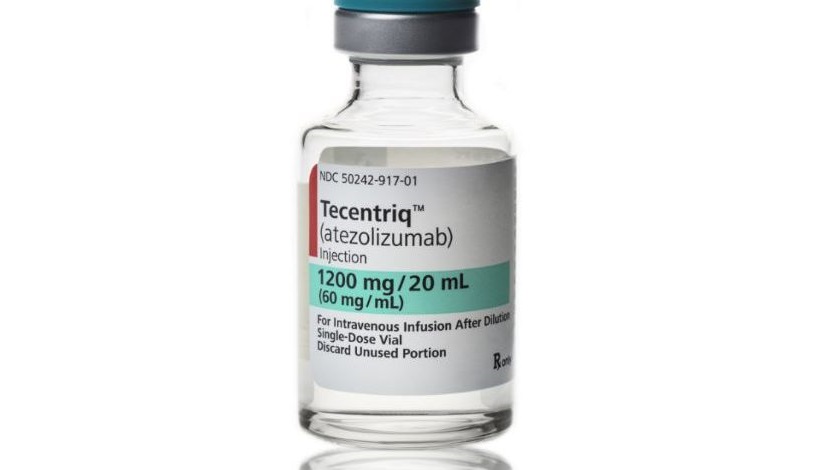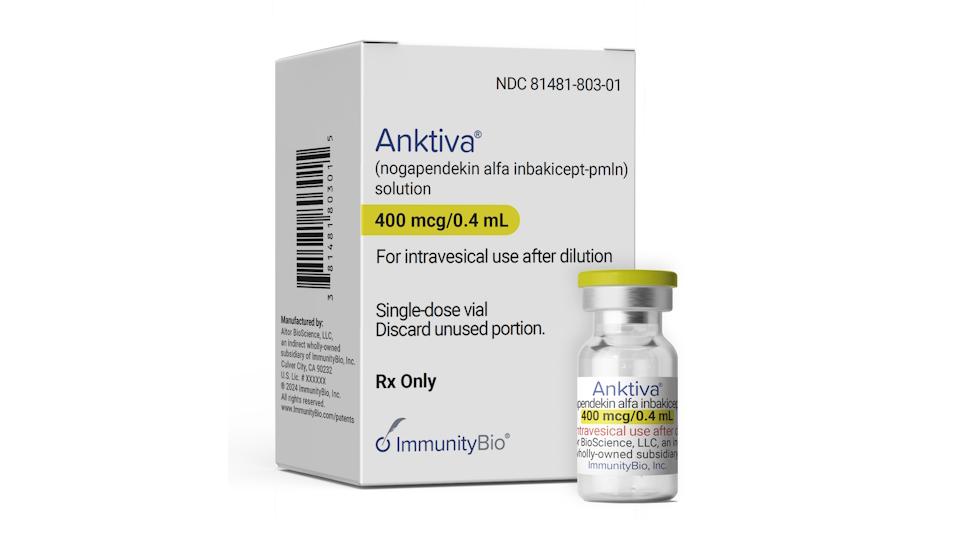Europe recommends Tecentriq in bladder cancer, but efficacy doubts persist

The European Union’s CHMP committee recommended 11 medicines on Friday, including five orphan drugs.
Among the most notable developments is the battle between the rival PD-1/PD-L1 cancer immunotherapies, with MSD’s Keytruda and Roche’s Tecentriq both receiving recommendations in metastatic urothelial carcinoma, the most common bladder cancer.
For Tecentriq, which has also simultaneously gained a recommendation for lung cancer, these will be its first European approvals.
Analysts had once expected Tecentriq to get a clear lead in bladder cancer, but Keytruda has been hot on its heels: Tecentriq gained US approval in April, but was followed just one month later by Keytruda.
Roche are seeking a European licence in patients who have been previously treated with a platinum based chemotherapy or who are considered ineligible for cisplatin chemo.
What makes the CHMP thumbs up remarkable is that Tecentriq recently missed its phase 3 trial endpoint in overall survival (OS) in bladder cancer patients. Released in May, the data showed the drug failed to prove it could prolong patients’ lives, casting doubt on its long-term future in the indication.
While these results haven’t deterred the CHMP from recommending Tecentriq, Europe’s regulators will undoubtedly make its approval a condition one – meaning its licence could be removed if it fails to demonstrate efficacy.
This mirrors the situation in the US, where the FDA could also rescind its approval.
That means while the phase 3 studies of the drug in non-small cell lung cancer look solid (its OAK and POPLAR studies being appropriately named), the phase 3 data from the mUC study was far less compelling.
There is no doubt that the NSCLC market is the key battleground, but Roche's setback in bladder cancer is significant.
The CHMP’s decision was based on results from phase 3 IMvigor211 study, which failed to meet its primary endpoint of overall survival improvement, as well as cohorts 1 and 2 from the earlier single-arm phase 2 IMvigor210 study.
[caption id="attachment_30156" align="alignnone" width="320"] Roche's Sandra Horning[/caption]
Roche's Sandra Horning[/caption]
Roche’s chief medical officer and head of global product development Sandra Horning welcomed the CHMP recommendation, and thanked its experts for “considering the totality of the data”.
“This positive CHMP opinion represents great news for people living with either advanced lung or bladder cancer because, despite recent developments, long-term survival rates for people with these cancers are inferior to those with other common cancers,” said Horning.
“We are encouraged that the CHMP considered the totality of the data for Tecentriq including the importance of key clinical endpoints, such as long-term responses.”
However analysts point out that it’s not just Tecentriq’s future in bladder cancer that is in doubt. Other rivals in the field have also been granted conditional approved on similarly early-stage data, namely AstraZeneca’s Imfinzi and BMS’ Opdivo.
Roche’s leadership is likely to comment on its tactics for Tecentriq when it presents its Q2 data later this week.
For the full list of Friday's CHMP recommendations, click here.











